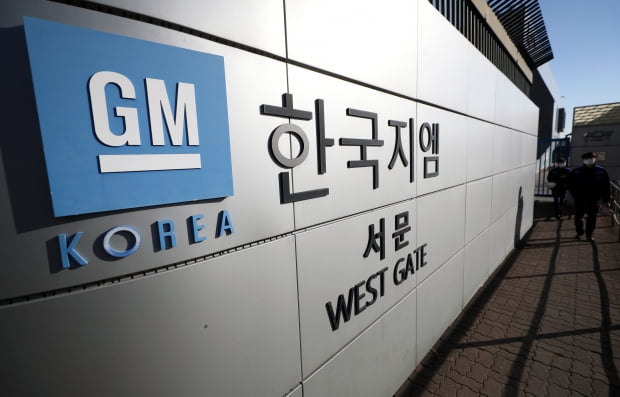GM decided to continue production cuts until mid-next month
Prolonged shortage of semiconductors inevitably affects Korean companies such as Hyundai Motor Company
Industry “Government should step up and demand Taiwan to increase semiconductor production”

Photo = Yonhap News
There is growing concern that the shortage of automotive semiconductors will prolong. Some manufacturers that cannot acquire semiconductors in time are expected to suffer. There are also observations that Korean and global automobile production could be significantly reduced.
Reuters reported on the 10th that General Motors (GM) of the United States plans to extend production cuts at its three North American factories due to a shortage of automotive semiconductors by at least mid-next month. Fairfax in the US, Ingersoll in Canada, and Potosi factories in Mexico are the targets. These factories have been shut down since this week. GM also decided to lower the utilization rate at its Wentsville in the US and Ramos Arisfe in Mexico.
GM Korea is also likely to continue to cut production. From the 8th, GM Korea Bupyeong Plant 2 cut its utilization rate in half. A company official said, “For the time being, we will continue to produce 50% while keeping an eye on the situation.” Bupyeong Plant 2 produces Malibu and Trax.
Global automakers other than GM are also cutting production because they have not been properly supplied with semiconductors. Most companies, including Volkswagen, Audi, Toyota, and Ford, are shutting down factories or adjusting production. Domestic companies such as Hyundai Motor Company and Kia are known to have secured semiconductors for two to three months, but if the shortage of semiconductors prolongs, it will be affected.
In the industry, it is predicted that the supply disruption of semiconductors will continue until the third quarter. This is because the micro control unit (MCU), one of the core semiconductors, can be delivered after 26 weeks even if it is ordered now. An official from the Korea Automobile Industry Association explained, “Vehicle semiconductors are less profitable than other system semiconductors, but high reliability and stability are required because safety is essential.”
The inability to supply semiconductors for vehicles in time is largely affected by the spread of Corona 19. Global automakers have reduced orders for semiconductors in preparation for a sharp decline in car sales, and home appliance and information technology (IT) companies have increased orders with the spread of a non-face-to-face culture in mind. Taiwan TSMC and other foundry (semiconductor consignment production) companies started to produce semiconductors for home appliances and IT products, and semiconductor production for vehicles was pushed back.
In the industry, there is a growing voice that the government should step forward. This is why negotiations with existing companies are inevitable as it takes more than a year to discover new foundry companies other than existing companies such as TSMC. Man-gi Chung, chairman of the Automobile Industry Association, said, “It is essential to secure short-term supplies to minimize the impact of disruption in semiconductor supply.” The United States, Germany, and Japan have already made requests to Taiwan for production increase.
Chairman Chung also said, “To prepare for the prolonged supply and demand disruption, domestic foundry companies such as Samsung Electronics and DB HiTek must secure the capacity to produce semiconductors for vehicles.” I need to do it.”
Reporter Do Byeong-wook [email protected]
Ⓒ Hankyung.com prohibits unauthorized reproduction and redistribution
